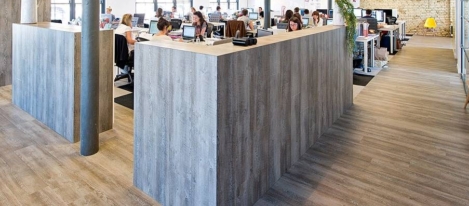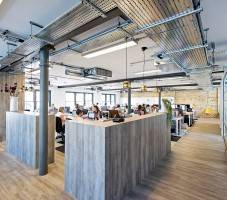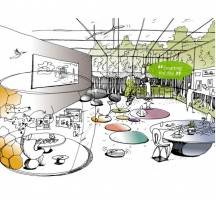July 14, 2015
Prime Minister vows to force employers to reveal gender pay gap
 A consultation begins today on plans by the government to force larger companies with more than 250 employees to reveal the difference between the average pay of their male and female employees. Writing in today’s Times Prime Minister David Cameron says he is making a personal commitment to ensure that when his daughters aged four and eleven start work they will experience complete gender equality. Although the gender pay gap has narrowed to almost zero amongst the under 40s, ONS figures show that by the age of 40, men out-earn women by an average of £1.64 per hour, while according to the recent PwC annual Women in Work Index, the UK still lags well behind many other countries in overall female economic empowerment. The new consultation will be wide ranging and will look at who will be required to report, as well as the content, frequency and manner of reporting.
A consultation begins today on plans by the government to force larger companies with more than 250 employees to reveal the difference between the average pay of their male and female employees. Writing in today’s Times Prime Minister David Cameron says he is making a personal commitment to ensure that when his daughters aged four and eleven start work they will experience complete gender equality. Although the gender pay gap has narrowed to almost zero amongst the under 40s, ONS figures show that by the age of 40, men out-earn women by an average of £1.64 per hour, while according to the recent PwC annual Women in Work Index, the UK still lags well behind many other countries in overall female economic empowerment. The new consultation will be wide ranging and will look at who will be required to report, as well as the content, frequency and manner of reporting.

































July 6, 2015
Humans will remain at the heart of the emerging digital workplace
by Maciej Markowski • Comment, Flexible working, Technology, Workplace design
More →